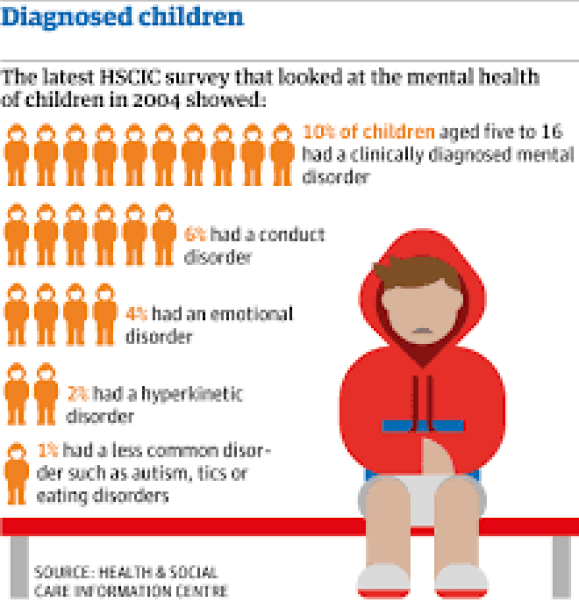Living with a chronic disease can be challenging and overwhelming. From managing symptoms to navigating treatment options, individuals with chronic conditions often face a myriad of obstacles in their day-to-day lives. However, one effective way to cope with the challenges of chronic illness is by joining a support group.
What Are Support Groups?
Support groups are gatherings of individuals who are dealing with similar health issues or life challenges. These groups provide a safe and understanding space for members to share their experiences, exchange information, and offer emotional support to one another. In the context of chronic disease management, support groups play a crucial role in helping individuals cope with the physical, emotional, and social impact of their condition.
The Benefits of Support Groups
There are numerous benefits to participating in a support group for chronic disease management. Some of the key advantages include:
Emotional Support
Living with a chronic disease can be isolating and emotionally draining. Support groups provide a sense of community and belonging, allowing individuals to connect with others who understand their struggles and can offer empathy and encouragement.
Information Sharing
Members of support groups often have firsthand experience with different aspects of managing their condition. This collective knowledge can be invaluable in helping individuals navigate treatment options, find resources, and learn coping strategies.
Reduced Feelings of Stigma
Individuals with chronic diseases may face stigma and judgement from others who do not understand their condition. Support groups offer a judgment-free zone where members can share their experiences openly and without fear of discrimination.
Motivation and Accountability
Being part of a support group can help individuals stay on track with their treatment plans and self-care routines. The encouragement and support from group members can provide motivation to make positive changes and stick to healthy habits.
How to Find a Support Group
There are several ways to find a support group for chronic disease management:
Online Resources
Many support groups have online communities and forums where individuals can connect with others from the comfort of their own homes. Websites like the American Chronic Pain Association and the American Cancer Society offer resources for finding online support groups.
Healthcare Providers
Doctors, nurses, and other healthcare professionals are often aware of local support groups for specific chronic conditions. They can provide recommendations and help individuals find the right group for their needs.
Community Organizations
Local community centers, hospitals, and clinics may host support groups for individuals with chronic diseases. These groups may meet in person or virtually and provide a variety of services and resources.
Conclusion
Support groups play a vital role in chronic disease management by providing emotional support, sharing valuable information, reducing stigma, and promoting motivation and accountability. If you are living with a chronic condition, consider joining a support group to connect with others who understand your journey and can offer the support and guidance you need.
Remember, you are not alone in your struggle, and there is strength in numbers when it comes to managing chronic illness.


